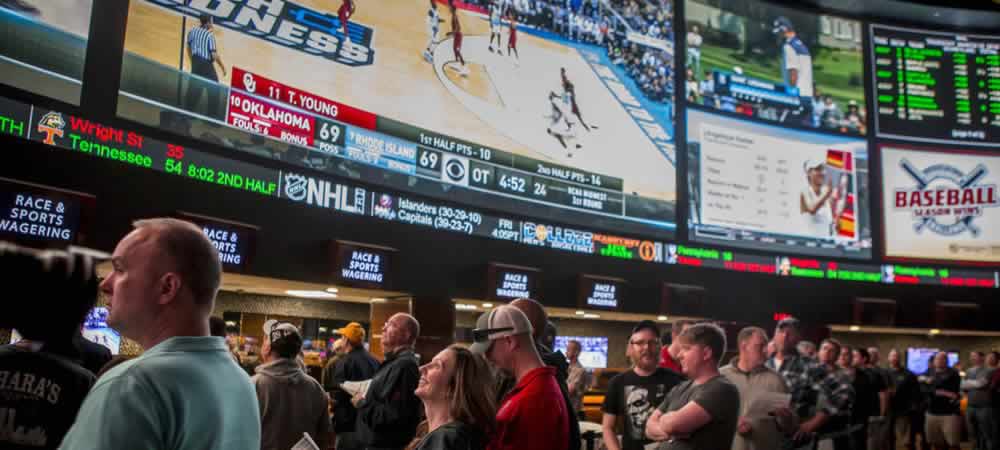- IL HB 3308 has been amended to include wagering at professional sports venues like Wrigley Field and United Center.
- The legislation calls for an “integrity fee” of 0.25% of total handle.
- The bill also requires bookmakers to use “official league data.”
SPRINGFIELD, Ill. – Illinois legislators are currently debating whether to allow wagering on the premises of major stadiums in the state.
If state lawmakers pass HB 3308, bettors would be able to place their wagers at Bears, Bulls, Cubs, White Sox, and Blackhawks games.
According to bill sponsor Rep. Michael Zalewski (D-23), most leagues are in favor of allowing wagering at their facilities. However, this may be because HB 3308 Amendment 3 remits to the leagues 0.25 percent of all wagering handles. This is called an “integrity fee.”
While there has been no debate over this addition in the statehouse yet, it is sure to be controversial.
No state that has legalized sports betting to date has included integrity fee considerations in their laws. Generally speaking, the idea is not a popular one.
That’s primarily because most books consider integrity fees to be too expensive for their bottom lines.
In the case of Zalewski’s bill, the 0.25 percent fee is on total handle, not sportsbook revenue. Historically, a successful sportsbook only holds about five percent of the total handle as revenue.
For context, HB 3308’s 0.25 percent integrity fee equates to roughly five percent of a book’s expected income.
In a state already looking to charge sportsbook operators $10 million to $30 million for their licenses, this integrity fee may be a bridge too far. This is especially true given the proposal’s baseline 20 percent tax rate on book revenue.
HB 3308 also mandates that sportsbooks use “official league data” provided by the major sports leagues. Leagues would sell this data to the books at a to-be-determined price.
Regardless of which tack Illinois sports betting takes, the state’s fees are tracking to be among the most expensive in the nation.
For comparison, only Pennsylvania’s rates are higher. Pennsylvania sportsbook licenses cost $10 million, and the state taxes book revenues at 36 percent.
Advertising Disclosure
In order to provide you with the best independent sports betting news and content LegalSportsBetting.com may receive a commission from partners when you make a purchase through a link on our site.
News tags: IL HB 3308 | Illinois | sports betting

Andy has been writing professionally for nearly two decades, with the last three years being dedicated to his primary passions: sports wagering news and gambling industry analyses. A walk-on punter, Andy has a particular interest in professional football, baseball, and horse racing betting. Come early May, you can always catch Andy – clad in all white, mint julep in hand – on Millionaires Row at Churchill Downs. In his dreams.


 Bitcoin Sports Betting Sites
Bitcoin Sports Betting Sites Best Online Sports Betting
Best Online Sports Betting Famous Sports Bettors
Famous Sports Bettors States With Legal Sports Betting
States With Legal Sports Betting Sports Betting Events
Sports Betting Events




